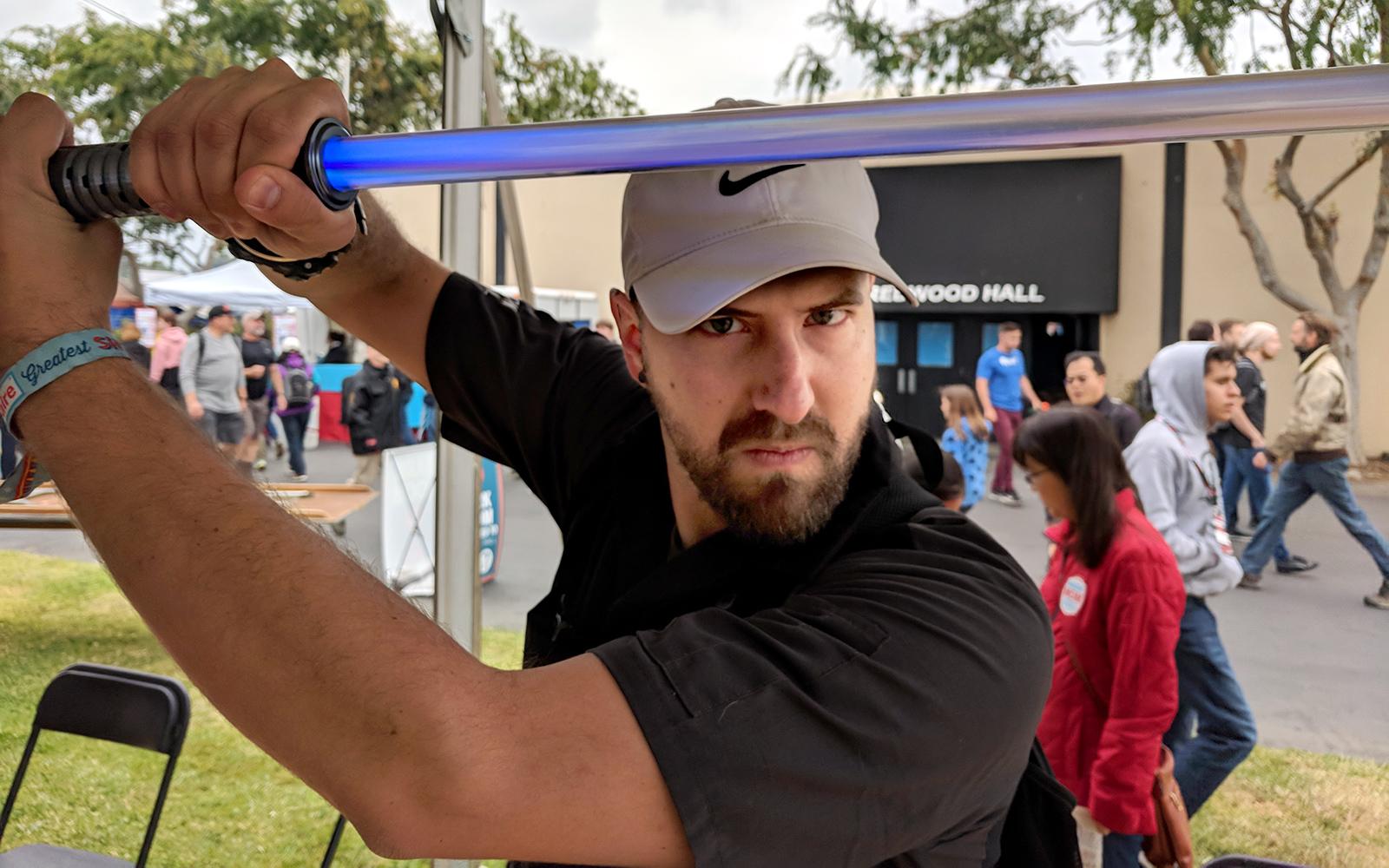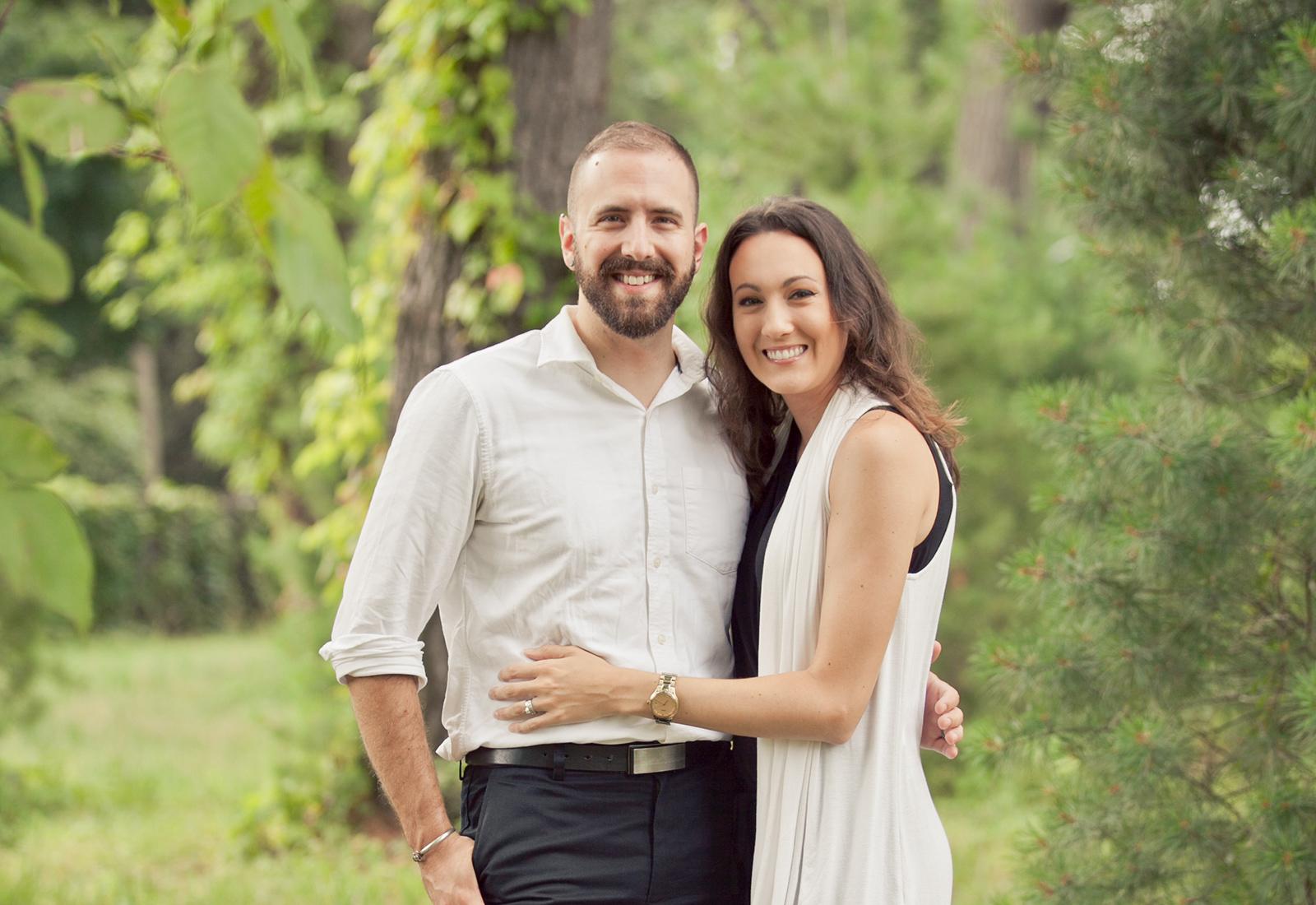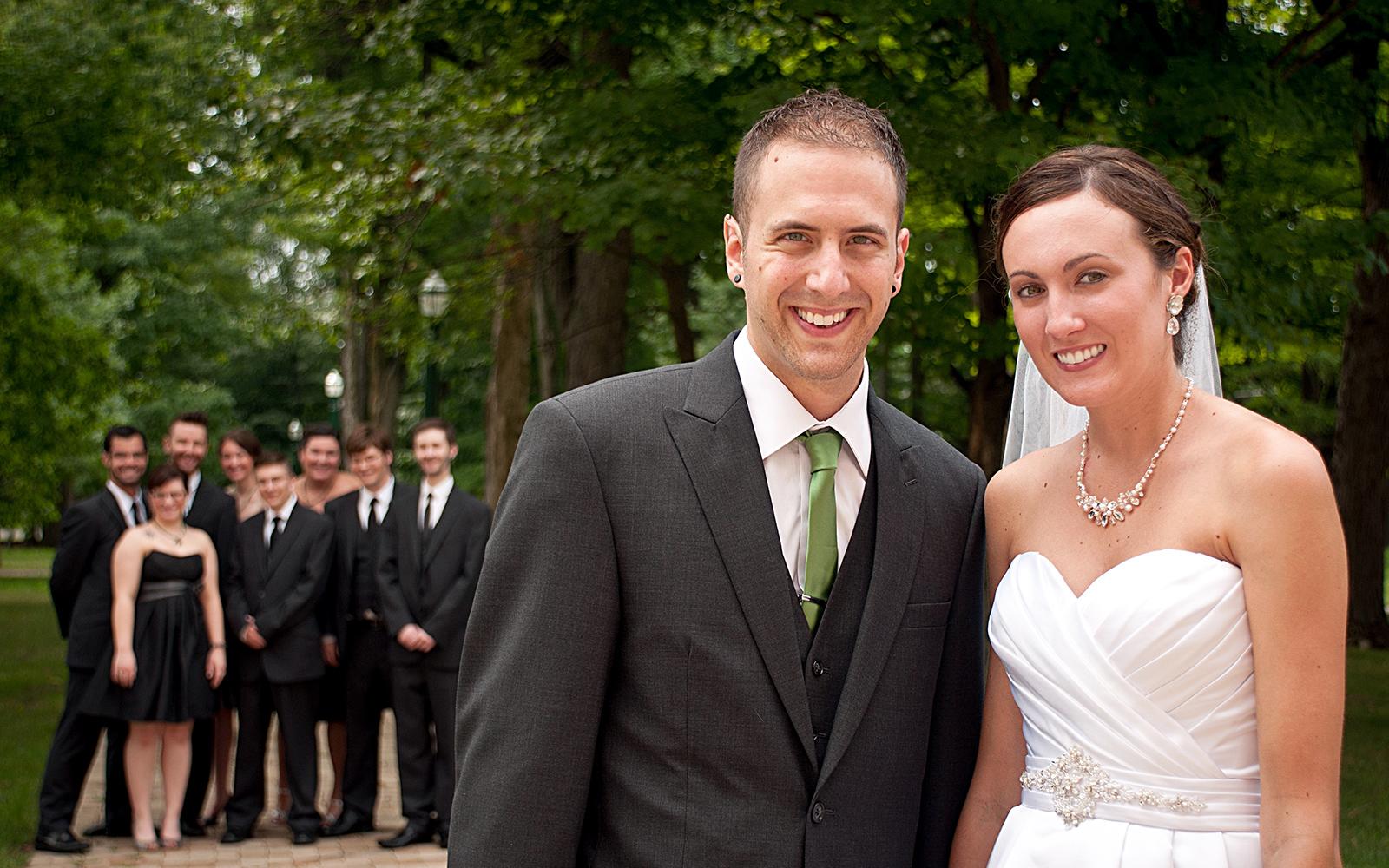When COVID-19 altered our lives the spring of 2020, SUNY Potsdam’s faculty members had two weeks to move all of their classes online. Using Zoom and other web conferencing portals, professors and students finished the semester from home. Remote learning continued through the pandemic with more than 40 faculty members teaching nearly 50 online courses. To make that a reality, alumni like Marshall (Mush) Hughes ’10 & ’12 stepped up to the plate—crafting well-designed online courses from content that had always been presented in person.
Hughes, who received undergraduate degrees in music education and music business from The Crane School of Music, went on to get a master’s degree in education in instructional technology at SUNY Potsdam—paving the way for a career as an instructional designer. With the educational landscape rapidly changing, and dozens of new online courses being offered online, SUNY Potsdam relied on Hughes to redesign several courses for remote learning. He developed online versions of five courses ranging from Strategies for Teaching Elementary Students with Learning/Behavioral Disabilities, to Literacy and Literature for Young Children.
“What other instructional designers and I do in lieu of that in-person contact is develop a framework or a template for the subject matter experts (SMEs)—professors and teachers, and other folks who would normally be teaching the class in person—to organize the content in a way that makes sense both for the Moodle platform, as well as for the timeline afforded by an online course,” Hughes said.
Much like a framer constructing a new building, Hughes has been hammered out a structure for those online courses. “The template that I helped create introduced SMEs to the process of adapting an in-person course to be delivered online. SMEs updated the template with their content, after which we organized and reviewed the content and its presentation, set up the content on Moodle, and created individual items for each reading, video, assignment, or other task, and organized it in a way that made sense for the workflow of the unit,” Hughes said. “Similar to how SMEs are experts in their course and its content, instructional designers are experienced in making sure that online course content is engaging, challenging, and of an appropriate length.”

Hughes with a lightsaber at the 2019 Maker Faire Bay Area—a celebration of invention, creativity and curiosity.
Hughes, and two other SUNY Potsdam alumni (Matthew Phillips ’13 and Sean McGloon ’12 & ’13), joined forces to build online courses for the College. “Between the three of them, they built nearly half of the courses,” said Alan Hersker, interim provost. “We had lead time so we made the decision to build as many asynchronous, 100 percent online courses as possible for the summer of 2020, so we could offer our students a range of intentional, high-quality courses.”
The three of them teamed up with Steve Canning and Mike Phillips, two full-time instructional designers on staff, to create well-designed online courses during the global pandemic. Students were able to access content such as readings and videos, but one of the most important elements, engaging face-to-face, was not overlooked. “We've found that one of the most universally accessible options is to create opportunities for person-to-person interaction and discussion of topics and ideas through forums. It's an easy, engaging way to allow students to still have the critical experience of presenting, challenging, and defending new ideas that don't rely on students being physically present,” Hughes said.

Hughes with his wife Megan.
Since he graduated with his master’s degree in 2012, Hughes has leaned heavily on the educational technology skills he learned at SUNY Potsdam. After a short stint as a music teacher, he launched a consulting business and formed a partnership with the National Education Foundation, which culminated with a teaching opportunity in the U.S. Virgin Islands. Hughes worked directly with educators in the Caribbean to offer techniques for teaching a digital literacy course—all based on a curriculum he had developed with other graduates from SUNY Potsdam’s instructional technology program. “I followed that by working with teachers across the country to develop STEM incentives programs to be used alongside math and reading software, for which I also provided instruction, tier-one tech support, and custom analytics reporting,” Hughes said.
He came full circle when he took on a leadership role at SUNY Potsdam in 2020. He thinks back fondly on his time on campus, performing on stage at the Crane School of Music, and spending time with friends from the WAIH campus radio station. His work with the student government association also stands out in his mind. “That was a major formative experience for me,” Hughes said. “Probably the most important part of my time at Potsdam, though, was meeting my wife Megan (Haggett ’09 & ’10) in my music history class!”

Hughes with his wife Megan on their wedding day.
During that class, Hughes took the opportunity to sit next to his future wife—an alumna who received both undergraduate and graduate degrees in music education from Crane. “It's the classic tale: boy in clarinet studio meets girl in sax studio,” Hughes said.
The rest is history. They got married in 2012 in Canton, N.Y., and have since settled down in Charlotte, N.C. In 2016 Megan started teaching middle school band at Cannon School, an independent school in Concord, N.C., and then in 2017 Hughes was offered a job at the same school teaching makerspace and coding classes—both building off of the skills they acquired at SUNY Potsdam.
Article by Jason Hunter
